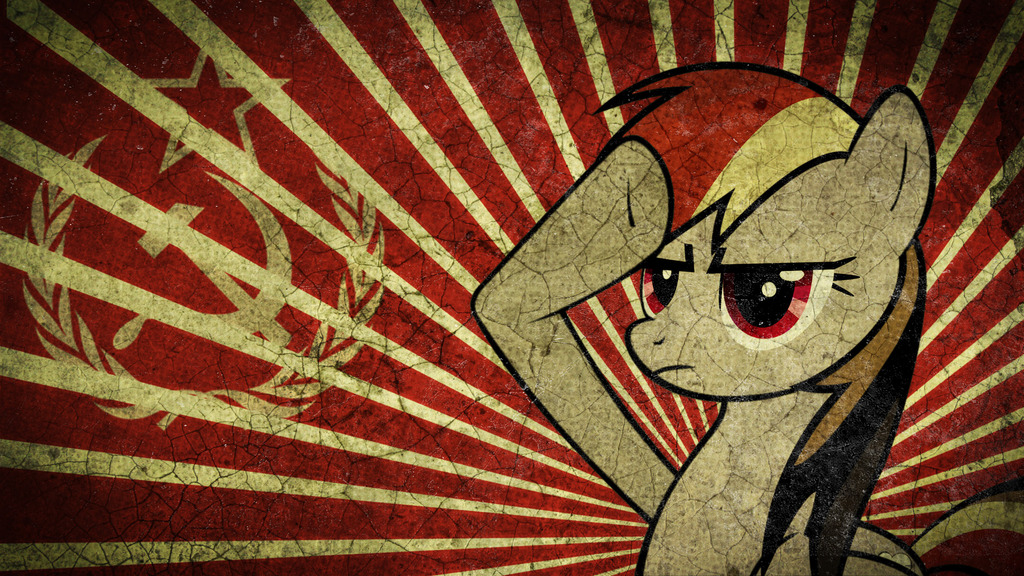Both American and Chinese sources that I’ve read like to claim that the Soviet Union was an imperialistic, hegemonic power that wanted to dominate the world. Other sources claim that the USSR was more neutral.
Can you guys explain what Soviet foreign policy was like, especially how it changed over the years. (like how it changed from Stalin to Khruschev and so on.)


I’ve heard the same, unfortunately. These are common tropes but it’s mainly projection. While I don’t have any sources to hand, I’ll offer seven broad points that night help.
Afghanistan. That one was rough. Of, it wasn’t an imperialist invasion the way Western sources usually characterise it. The “Afghan Communist Party” (I forget their actual name) begged for Soviet intervention multiple times before they finally got it. When they did get it, it did not go well for the Afghans or the USSR. Of course it didn’t help that the USA pumped the “brave mujahideen fighters” full of weapons which got a lot of Soviets and set up the material conditions for a bloody civil war which led to the eventual rise of the Taliban. However I think there is plenty of room for some criticism on how the USSR handled that situation.
I’ll have to look into this one in more depth.
The quote
– Michael Parenti, Blackshirts And Reds
I am a bot, and this action was performed automatically. Please contact the admins of this instance if you have any questions or concerns.